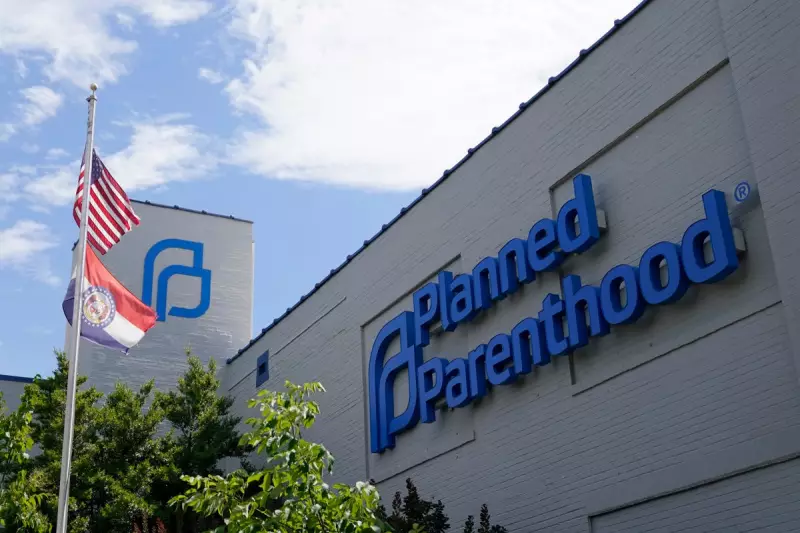
In a devastating development for reproductive rights, Missouri's last standing Planned Parenthood clinic has been compelled to cease operations after Republican state legislators severed its Medicaid funding. The Kansas City facility, which has served as a critical healthcare provider for countless women, will shutter its doors following a contentious political battle over reproductive healthcare.
Funding Blockade Forces Closure
The decisive blow came when Missouri's Republican-controlled legislature refused to renew Medicaid reimbursements for Planned Parenthood services. This strategic defunding measure effectively crippled the organisation's ability to provide affordable healthcare to low-income patients across the state.
Emily Wales, president and CEO of Planned Parenthood Great Plains, expressed profound disappointment, stating the closure represents "a tragic day for public health in Missouri" that will disproportionately impact the most vulnerable communities.
Beyond Abortion: Comprehensive Care Disappears
Contrary to common perception, the shuttered facility provided extensive healthcare services beyond abortion care, including:
- Cancer screenings and prevention
- STI testing and treatment
- Contraception services and education
- General wellness examinations
- Preventative healthcare programmes
With this closure, Missouri becomes the first U.S. state without any Planned Parenthood presence, creating significant healthcare deserts across multiple regions.
Political Battle Over Women's Health
The defunding campaign represents the culmination of years of Republican efforts to restrict Planned Parenthood's operations in Missouri. Legislators have consistently targeted the organisation despite its role as a essential healthcare provider for thousands of residents.
Healthcare advocates warn that the closure will have devastating consequences for public health, particularly for low-income women who rely on Planned Parenthood for affordable, accessible care. Many patients now face the prospect of travelling significant distances to neighbouring states for basic reproductive healthcare services.
This development occurs amidst growing concerns about reproductive rights access nationwide, positioning Missouri at the forefront of America's ongoing healthcare access debate.






